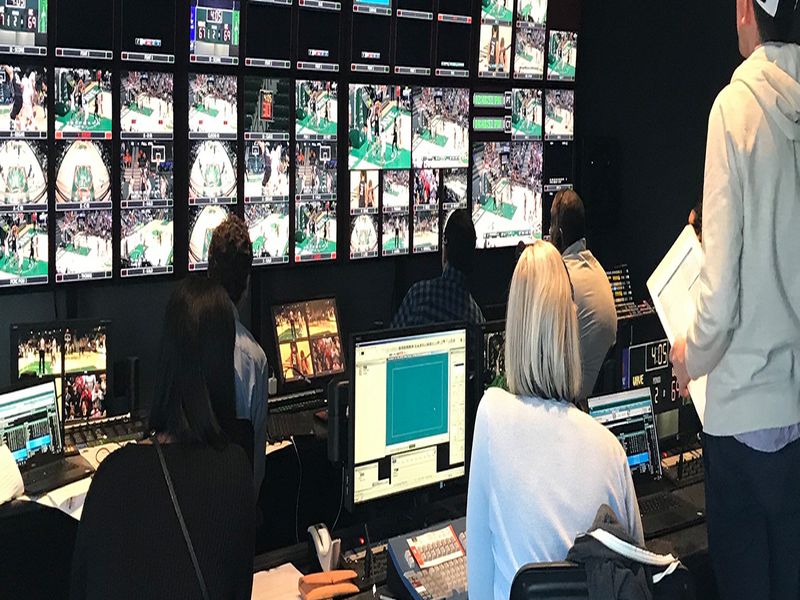Soccer, also known as football, is the most popular sport in the world. With its massive global fanbase and multi-billion-dollar industry, it is no surprise that soccer receives extensive media coverage. From live matches to player transfers and controversies, every aspect of the sport is scrutinized and reported by journalists around the world. However, with such intense media coverage comes an ethical responsibility to uphold truth, accuracy, and objectivity in reporting.
The role of media in sports communication goes beyond mere entertainment; it has a significant impact on shaping public opinion and influencing societal values. Soccer broadcasting, therefore, carries a great responsibility to present accurate and unbiased information to its audience.
In this digital age where information is easily accessible and shareable across multiple platforms within seconds, one inaccurate report can cause widespread chaos. Journalists must be diligent in ensuring their sources are reliable before publishing any news or rumors related to soccer.
Moreover, ethical journalism in soccer broadcasting requires journalists to remain impartial while reporting on controversial topics or events. These may include match-fixing scandals or conflicts between players that can affect team dynamics. It is crucial for journalists not only to present both sides of the story but to also refrain from 해외축구중계 personal biases or opinions when conveying information.
Another ethical concern in soccer broadcasting is the use of sensationalism for higher viewership ratings or clickbait headlines for increased website traffic. In an effort to grab audience attention and beat competitors’ reports faster than others could have detrimental consequences for journalistic credibility.
Furthermore, racist incidents during games have become a concerning issue recently with several high-profile cases occurring worldwide. In such situations where emotions run high and tensions are already escalated due to sensitive topics like race discrimination – objectivity becomes even more critical for responsible journalism.
Journalists who lack sensitivity towards these issues often end up fueling further disputes rather than presenting an unbiased view of events that occurred during a game accurately.
There have been several instances where irresponsible reporting has resulted in clubs and players taking legal action against the media. This highlights the importance of adhering to ethical principles when it comes to reporting on soccer.
In recent times, social media has played a significant role in sports broadcasting. Many athletes have taken charge of their own media presence, interacting with fans and even breaking news through their personal accounts. While this can be a positive tool for direct communication with fans, it also blurs the line between personal opinions and professional responsibilities for athletes who are now considered influencers.
Soccer broadcasters must not only uphold ethical standards themselves but also hold their collaborating agencies accountable for maintaining integrity when reporting on the sport. It is essential for sports governing bodies to work together with media outlets to create regulations that promote honest and transparent reporting while ensuring freedom of expression is respected.
In conclusion, soccer broadcasting plays a crucial role not only in informing but also shaping public perception of the sport. With such an immense responsibility comes great accountability for journalists and broadcasters alike to adhere to ethical values of truthfulness, accuracy, objectivity while avoiding sensationalism or biased reporting practices that could tarnish journalistic integrity.
The power of media should never be underestimated; responsible journalism in soccer broadcasting is instrumental in maintaining trust within its audience while creating a fair representation of events within the game. As society progresses towards higher advancements in technology and more accessible communication methods, upholding ethical journalism will remain paramount in preserving credibility within sports broadcasting and beyond.



